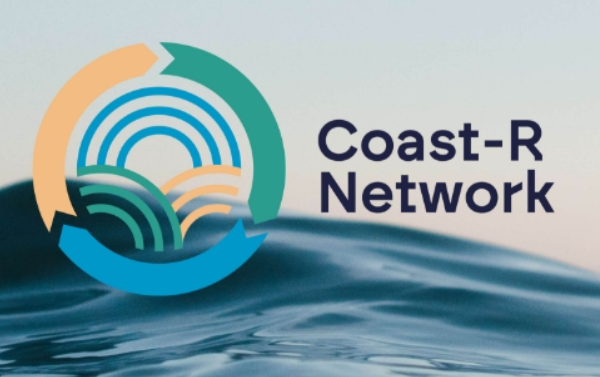Coast-R Network Webinar – 11 June 2-3pm

Coast-R Webinar Series : June : Hosted by Prof Stuart McLelland, University of Hull, Coast-R director
2-3pm, 11 June 2025, online
The second session in the new Coast-R Network Webinars Series is a collaboration with the Local Government Association’s Coastal Special Interest Group. Three speakers will present on diverse projects relating to sustainability of our coasts and ports.
- Prof Robert Nicholls, University of Southampton/Tyndall Centre for Climate Change Research: ‘Introduction to infrastructure for Port cities And Coastal Towns network – iPACT’.
- Dr Toby Roberts, University of Southampton: ‘Sustainable Development in Port Cities’.
- Dr Dawn-Marie Walker, University of Southampton: ‘Coastal Connections: Systems and Synergy’.
The webinar will be chaired by the Coast-R Network’s Prof Stuart McLelland. Stuart is Deputy Director of the Energy and Environment Institute at the University of Hull and Professor of Water Science, conducting research focused on the experimental modelling of rivers and coasts, and particularly understanding how climate change impacts on these environments.
The webinar will take place on TEAMS.
Dr. Toby Roberts, University of Southampton
Sustainable Development in Port Cities
Port-cities are of critical importance to our way of life, providing considerable local, national and international benefits. However, they also create a range of negative impacts, such as environmental pollution, traffic congestion, visual blight and land-use pressure. Addressing these challenges is complicated by the differing objectives of port and city authorities, especially when the port is privatised. This can lead to a lack of cooperation towards what are often shared goals, such as increasing the adoption of renewable energy.

Dr. Dawn-Marie Walker, University of Southampton
Coastal Connections : Systems and Synergy
Active travel, such as walking or cycling, provides a cost-effective means to increase daily physical activity which has significant benefits for both physical and mental health. In an urban context, the provision and enhancement of green infrastructure is a means to encourage active travel, to proactively reduce the burden of poor health through prevention. Furthermore, green space helps us meet targets for regenerating lost biodiversity. However, marginalized communities face significant challenges accessing urban green space as urban environments often fail to adequately integrate accessible pathways linking residential areas to these spaces, and do not consider their safety concerns, accessibility issues, culture, and stigma. This disproportionately impacts disadvantaged groups, reducing their engagement with active travel thereby further entrenching health and social inequalities.
Addressing the problem of unequal access to green and blue spaces by developing an innovative model that removes physical and societal barriers, enabling independence and equality in accessing these resources. How can an inclusive, community-informed model enhance access to green and blue spaces through active travel infrastructure, addressing physical and societal barriers for marginalized populations in urban environments?
